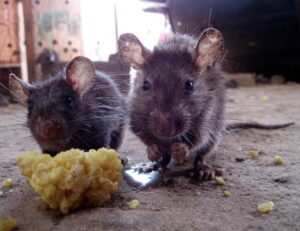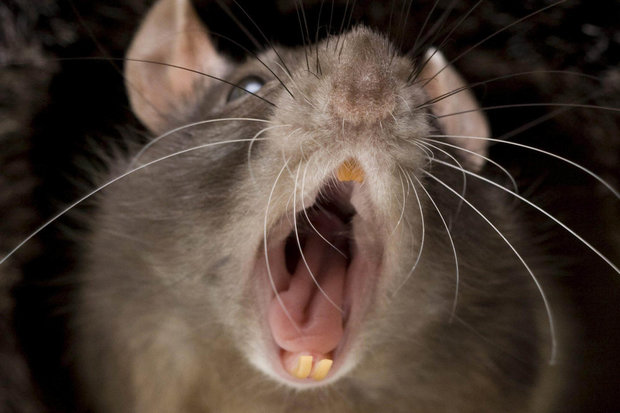Rats Are Ticklish
Scientists who work with lab rats have long used tickling as a reward for good behaviour. For example, in one experiment, researchers taught rats to play hide-and-seek with humans by rewarding them with tickles each time the rats found them. The rats demonstrated that they enjoyed the tickling by leaping into the air playfully and by chasing researchers’ hands when they stopped. They also continued interacting with people who tickled them, rather than showing fear or avoiding them. Similar to people, the most ticklish parts of a rat’s body are the back, tummy, and rear paws. Less ticklish are the tail and front paws. Perdue University actually offers online certification in rat tickling. The course teaches the following techniques:- Flipping – This is the most advanced technique. It consists of holding down the rat’s front legs and gently flipping it onto its back.
- Pinning – To pin a rat, you keep it on its back while tickling its chest.
- Back tickling – Touching the back of the rat’s neck while avoiding the tail and hips is the best way to tickle a rat.
Rats Can Laugh
Even though scientists knew about rats’ fondness for tickling, no one knew rats could laugh until 1998. This is because their giggles are too high-pitched for humans to hear. Neuroscientist Jaak Panksepphe decided to listen to young rats with an ultrasonic microphone. He discovered that they made a unique chirping sound as they played together. However, no one knew the purpose of the chirps. Eventually, Dr. Panksepphe noticed that the rats made the same sound when he tickled them and realized that the chirps were an expression of joy, similar to human laughter. Rats laughed the most when people touched the most ticklish parts of their bodies. They also giggled in anticipation when people approached them with their hands and playfully threatened to tickle them. Baby rats with no other opportunities for social interactions were more likely to solicit tickling from researchers and chirped loudly when they received what they wanted. Rats did not laugh when put into situations the researchers knew they found stressful, even when tickled.



